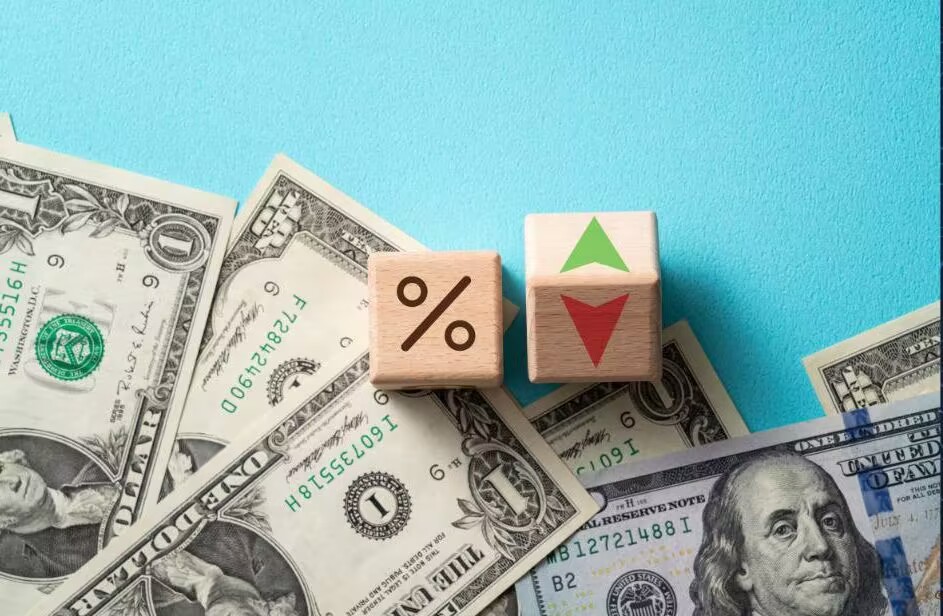The United States delayed interest rate cuts? Cause and effect!
Since the CPI in the United States was uncovered in March, the expectation of interest rate cuts in June has continued to cool down. In addition, Federal Reserve Chairman Powell said on the 16th of this month that the latest data shows that inflation shows no obvious signs of slowing down for the time being. If necessary, the current monetary policy can be maintained for a longer period, suggesting that interest rate cuts will be delayed.
Reasons for delaying interest rate reduction:
Inflation: Not returned to the target level.
Market: US stocks and the property market continue to rise, reflecting that the financial pressure in the United States is not tense.
Employment: According to the current employment vacancy rate is still higher than that during the epidemic period, it is difficult to touch the interest rate reduction that reflects the good employment situation.
Residents' burden: Although the United States has repeatedly raised interest rates, the burden of interest on mortgage repayment is mainly on newly-built mortgages. On the other hand, there is little pressure on existing lenders to bear the rising interest expenses.
Asset price: The US property market has rebounded, and the US stock market is still at a high level. The return on wealth of American residents is attractive, and the confidence against interest rates is strong.
Impact of maintaining high interest rates:
The Asian financial turmoil may return. Recently, Japan, South Korea, Vietnam, Indonesia, Malaysia, India, Thailand, etc. have all seen the triple whammy of foreign exchange, stock and debt, indicating that they should intervene in the foreign exchange market when necessary. However, once the foreign exchange reserves are exhausted, the national economy will be on the verge of collapse.
The high interest rate in the United States has increased the interest burden of the federal government and individuals. The bank bankruptcy crisis at the beginning of last year may once again trigger the recent S&P downgrade of five US regional bank stocks to a negative outlook. In addition, under the high interest rate, the price of US debt will inevitably fall, and the newly issued national debt will be more difficult to sell. The government must pay a higher coupon rate in advance before it can borrow money to continue its life.
Previous Article Next Article


 Whatsapp
Whatsapp Telegram
Telegram
